You will learn:
Course time:
Accreditation:
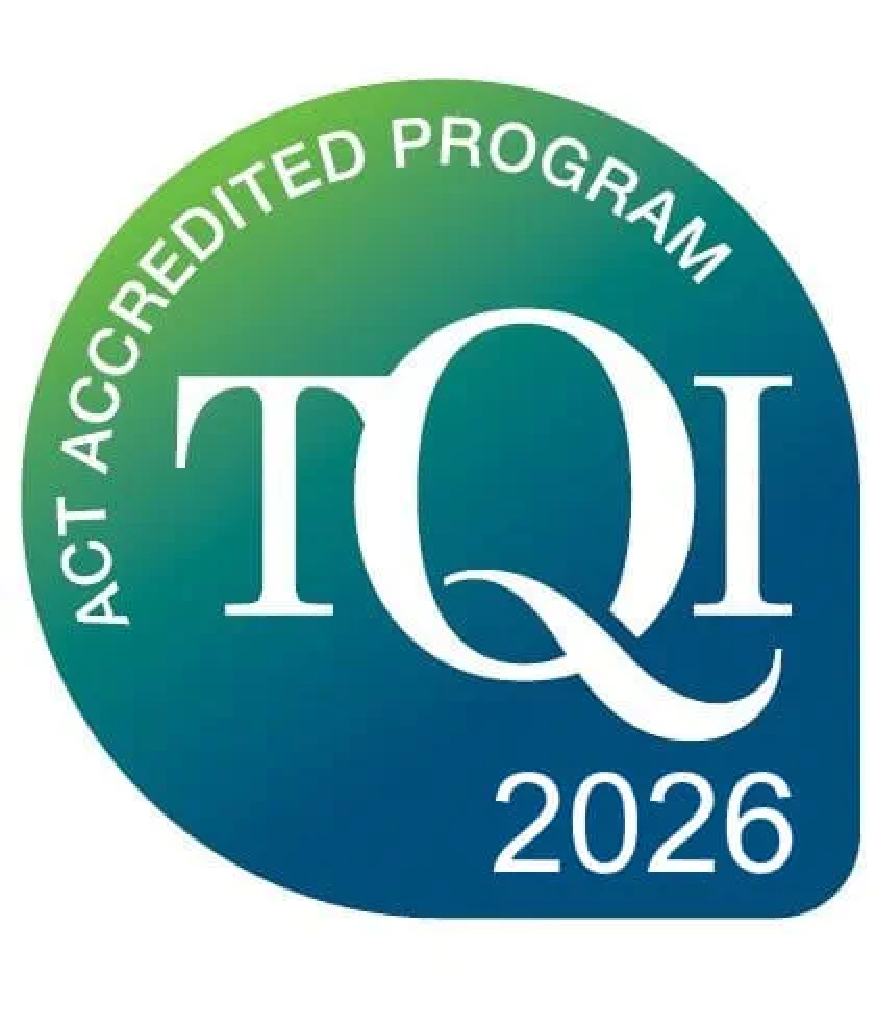


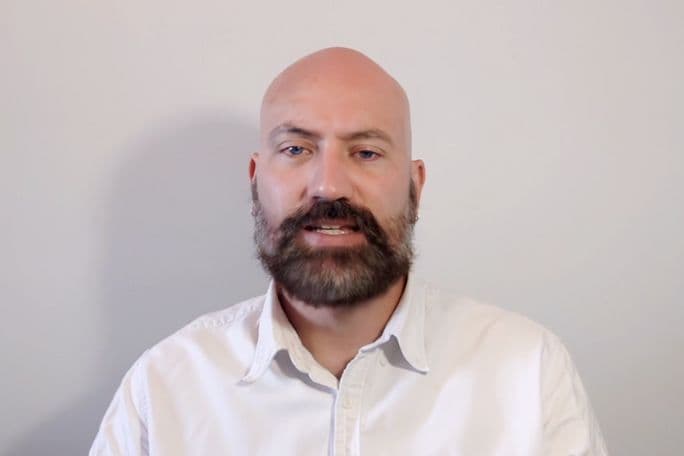
Start Here
About This Course
Imagine If...
Set a Learning Goal
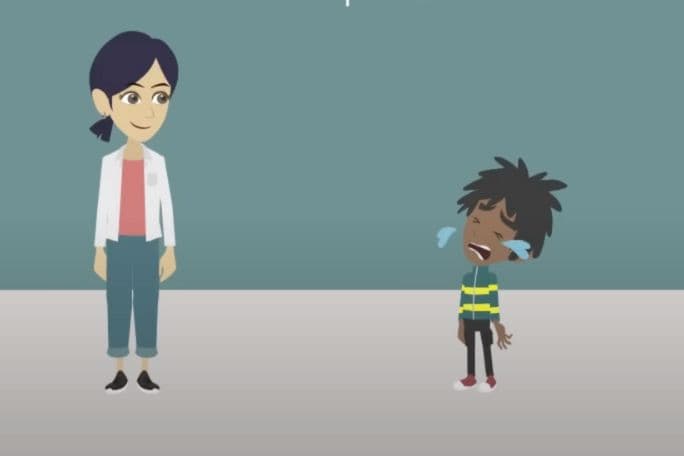
Understanding Aggression
Risk Factors Leading to Criminal Behaviours
Adverse Childhood Experiences
Reflecting on Your Context
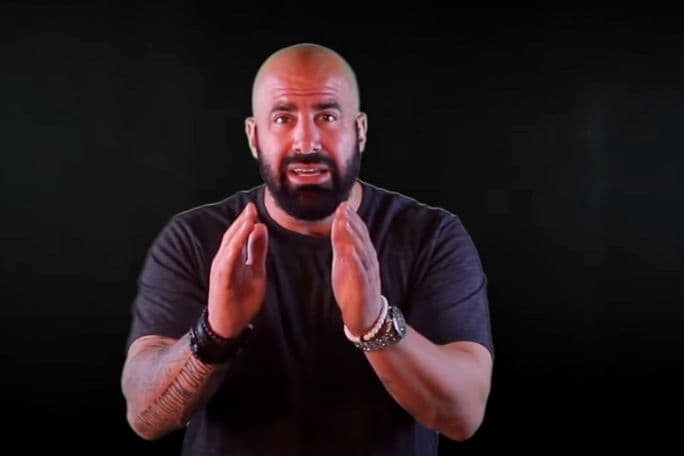
What Happens for the Aggressor?
De-escalation
Working with the Nervous System
Calming Practices
Reflecting on your Responses
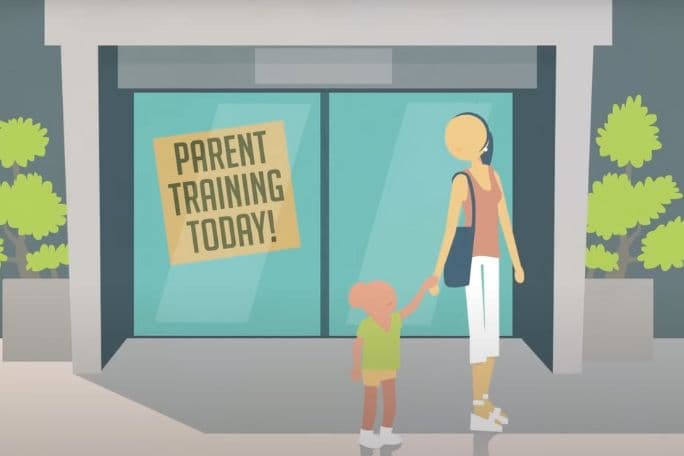
The ABC Model
Awareness Of Warning Signs
When to Report or Get Help
Quick Check-In

Teaching Resources

Reflect on your Learning
Your Next Steps

Jarryd Bendall comes from a long line of teachers, which is why he initially avoided this calling. Jarryd taught in primary school settings for a number of years, before combining his love for writing and education at an Education Specialist role with Cool.org. This role sees him as a bridge between knowledgeable industry experts and classroom teachers, bringing excellence into the classroom and challenging the average curriculum with innovative and effective ideas.
Jarryd will be on hand to answer any questions and help you navigate this course.